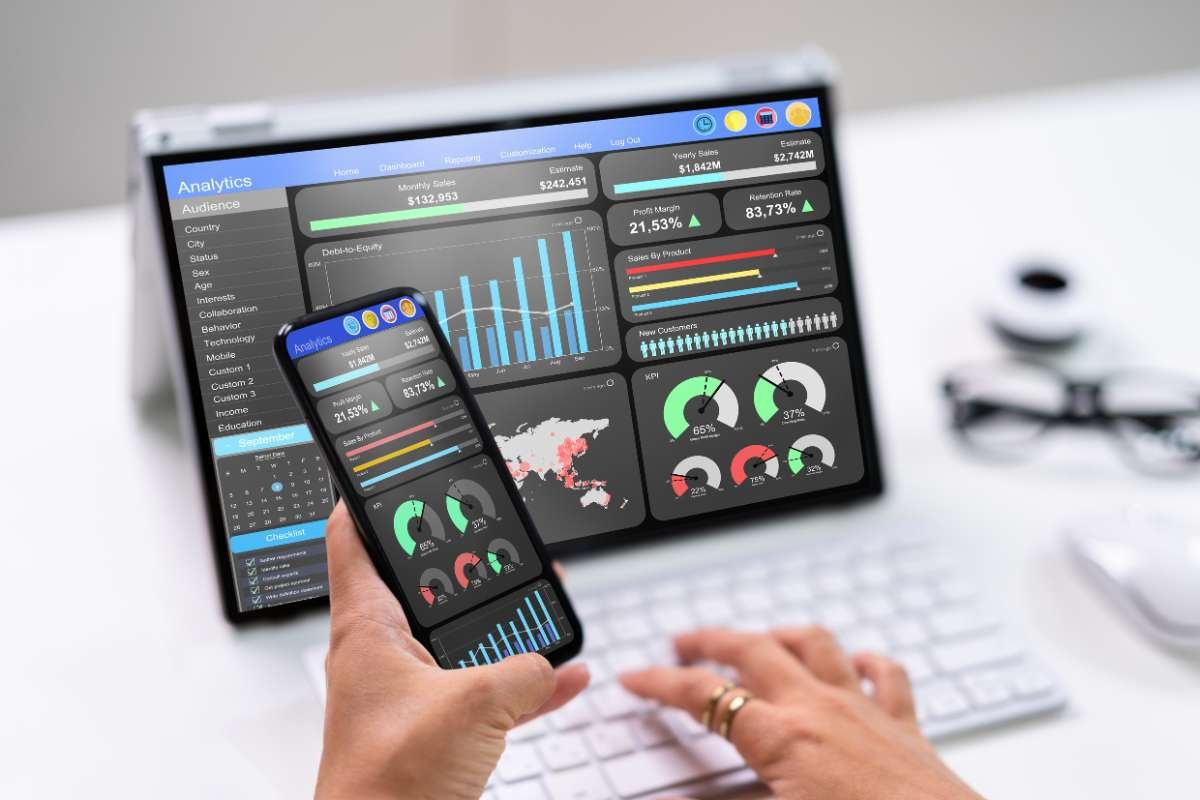Using data in business doesn’t have to be about jargon, fancy charts, or lots of spreadsheets… what it can be, at its best, is just a way of getting a clearer picture of what working (and what’s not working), and where your team might need a little bit of help. The point is, if you’re leading a team, knowing how to use that information wisely can make the entire business run a lot more smoothly, and with that in mind, keep reading to find out more about how to use analytics to guide your team.
Analytics Gives You Insights

You really don’t need to track absolutely everything – in fact, too much data can be just as overwhelming as none at all. The key is to focus on what actually tells you something useful, so that means things that help you understand progress, tells you where the problems and roadblocks are, and perhaps even points you in the right direction when it comes to what to do about it.
In the end, whatever the analytics happen to say, they’re meant to support your team, not cause them a load more stress, which is why you need to know what you’re looking at and what’s important, as well as what you can safely ignore.
It’s Not About Keeping Track
The truth is that no one likes feeling watched, and if the idea of data makes your team worry that they’re being seen under a microscope all the time they might not be as productive as they could be.
But of course, analytics to guide your team isn’t about fault-finding; rather, it’s about gaining insight into how time and energy are being utilized. This understanding then empowers you to implement improvements for your team members (and ideally optimize efficiency). For example, maybe a deadline keeps slipping because the task was underestimated, or maybe someone’s spending hours on something that could be automated… Well, analytics helps uncover those patterns so you can adjust and improve, and that’s going to be better for everyone.
The Right Tools Help

Of course, making sense of your data is much easier when you’re using tools to help you understand it all, and what’s where things like Power BI consulting services can really help massively. They’ll be able to help turn all that raw data into something useful and (most importantly) understandable, and then you can do what’s needed.
With the right setup, you don’t then have to dig around for insights, because they’re right there when you need them, ready to help you guide your team in a more productive and successful way.
Better Decisions

While relying on gut feelings is common, analytics to guide your team become vital when managing multiple projects, personalities, and priorities, data is going to give you something solid to go on, and that’s vital. It means you can step back, see the full picture, and then you won’t make any knee-jerk decisions, and that not only makes the business work better, but it means you can be a better leader as well.
That’s perfect because it means you don’t have to be a data expert to use analytics well, you just need to have the right tools and ask the right questions.









